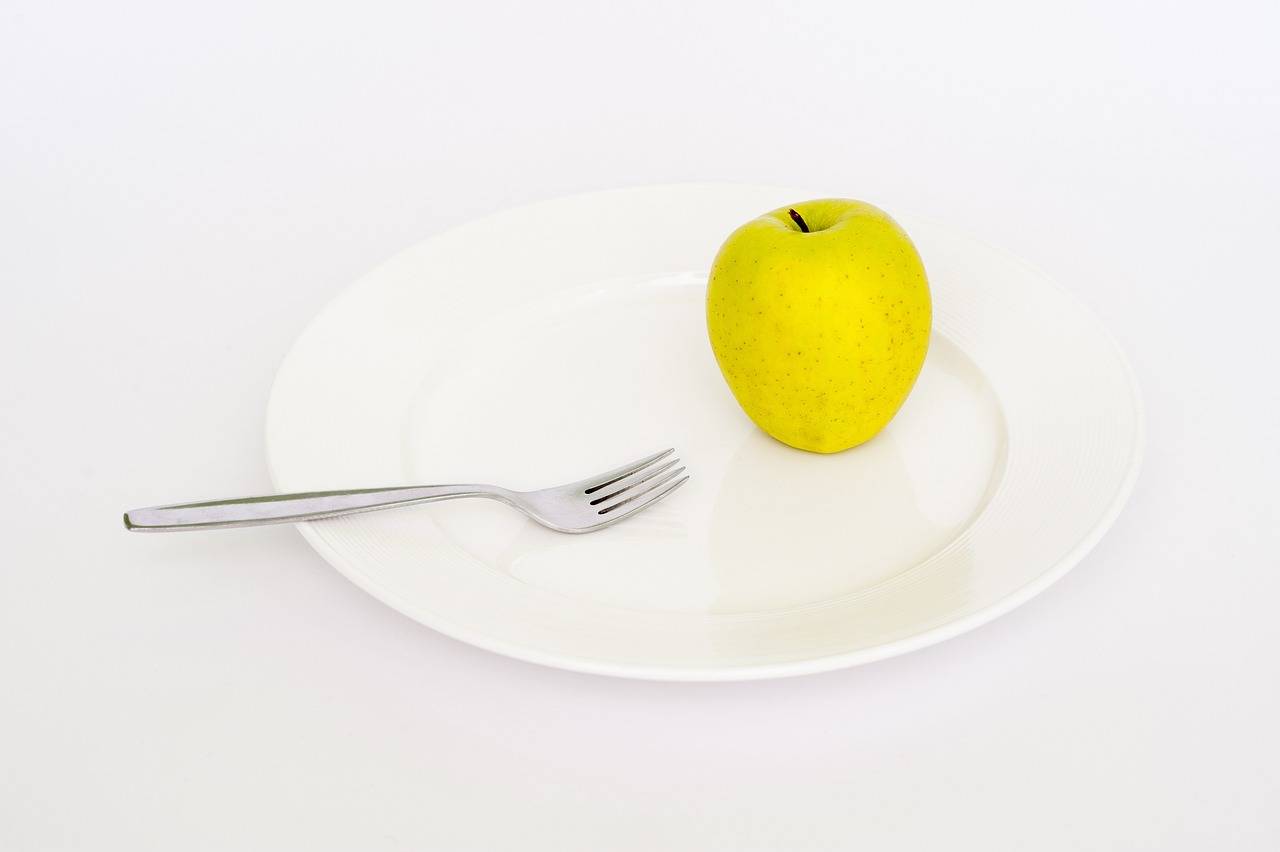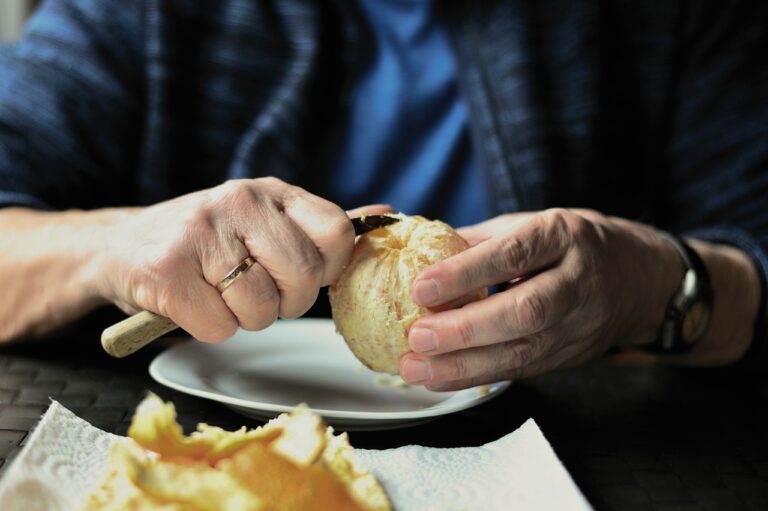The Role of Traditional Healers in Modern Healthcare
Traditional healing practices have been passed down through generations, rooted in cultural beliefs and wisdom. These practices often encompass a holistic approach that considers the interconnectedness of the mind, body, and spirit. From herbal remedies to energy healing techniques, traditional healers draw upon a wealth of knowledge to address both physical and emotional imbalances.
Many traditional healing practices emphasize the importance of prevention and maintaining overall well-being. By focusing on strengthening the body’s natural healing abilities and restoring harmony within, these practices offer a complementary approach to modern medicine. The deep cultural significance and rituals associated with traditional healing methods often play a vital role in promoting a sense of community, connection, and healing.
Understanding Traditional Medicine
Traditional medicine refers to the healing practices and beliefs that have been passed down through generations within different cultures. These practices often involve the use of natural remedies, such as herbs, plants, and rituals, to promote physical, mental, and spiritual well-being. Traditional medicine is deeply rooted in the cultural and historical context of a community, shaping the way individuals approach health and wellness.
Unlike modern medicine, traditional healing practices focus on a holistic approach to health, considering not only the individual’s physical symptoms but also their emotional, mental, and spiritual state. Traditional healers often play a central role in diagnosing and treating illnesses, using their knowledge and experience to address the root cause of the health issue rather than just alleviating the symptoms. This interconnected approach emphasizes the importance of balance and harmony within the body and the environment.
Integration of Traditional and Modern Medicine
Traditional healing practices have long been a significant aspect of healthcare in many cultures around the world. These practices often involve techniques such as herbal medicine, massage therapy, acupuncture, and spiritual rituals to promote healing and overall well-being. While modern medicine has made significant advancements in treating various health conditions, there is a growing recognition of the value that traditional healing practices can offer in complementing modern medical treatments.
The integration of traditional and modern medicine has gained attention as a way to provide more holistic and comprehensive healthcare to patients. By combining the strengths of both approaches, healthcare providers are able to offer a more personalized treatment plan that takes into account not only the physical symptoms but also the mental, emotional, and spiritual aspects of a patient’s health. This integrated approach can lead to improved health outcomes and a more balanced approach to healthcare delivery.





